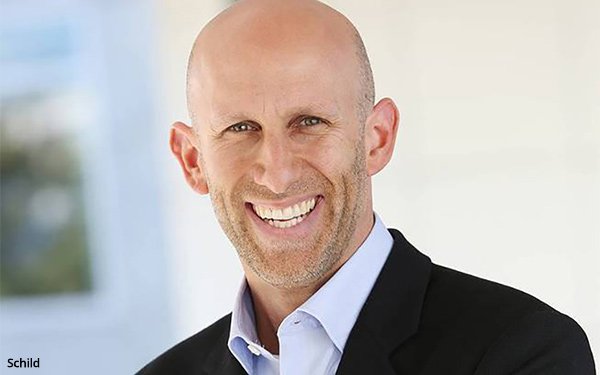Commentary
Channel Factory Creates AI Incubator Innovation Lab
- by Laurie Sullivan , Staff Writer @lauriesullivan, April 18, 2024

Channel Factory plans to introduce an innovation lab focused on artificial intelligence (AI) to support brands.
The company said it will hire new talent and executives to build a dynamic multidisciplinary team.The team includes participation from C-suite executives and collaboration from existing partnerships with AI-based development organizations.
The Channel Factory Innovation Lab (CFIL) will focus on incubating new products designed specifically for creative, targeting and optimization. The products will roll out this year.
The group will be tasked with creating standards for using AI at the company.
The standards will optimize operations, boost employee productivity, and enhance customer interactions. The company also launched an internal program to educate the company on generative AI (GAI) and its benefits.
advertisement
advertisement
Schild says the company has used AI and machine learning for advanced content classification and contextual targeting. For example, it uses AI for semantic analysis, distinguishing between different contexts within video content to ensure brand suitability and alignment.
AI and machine learning are also woven into its proprietary AdTech system called VIEW IQ, built on the GARM (Global Alliance for Responsible Media) standards of brand safety.
VIEW IQ goes beyond Google's standard categories -- ensuring alignment with clients’ contextual criteria, language preferences, and historical performance, Schild says.
The technology evolves continuously, incorporating algorithms and human vetting to ensure brand relevance and suitability.
When asked how a cookieless future will affect Channel Factory, Schild says "our contextual targeting approach, rather than cookie-based audience targeting, is unimpacted by Google's deprecation plan."Channel Factory has never relied on cookies. Instead, it relies on contextual and content-based targeting without needing third-party data.
"This future-proof approach ensures that an ad is placed within relevant content and increases campaign impact and effectiveness," he said.
With regard to brand suitability, Schild says it isn't just a nuanced application of brand safety. Across the industry, brand suitability scoring systems are used as alternatives to detect and exclude risky content by applying a demerit system when evaluating content.
Every time a risky keyword is flagged, the content loses points, dropping it from safe to broadly suitable to narrowly suitable to unsafe. It can block perfectly suitable content because bloated blocklists include keywords that brands might benefit from targeting.
"Imagine a brand like Patagonia not appearing next to environmental content because its agency’s blocklist included the term "climate change," he says. "These legacy exclusions defund credible news and information and prop up system discrimination against creators from marginalized communities who often use words that get flagged due to old prejudices and antiquated sensibilities."
The approach misses the opportunity to embrace true suitability and the alignment of ads with content relevant to its products, services, and missions, he says. True suitability ensures advertisements appear in contexts that enhance the brand's message and reputation while avoiding environments potentially damaging or misaligned with the brand's identity and ethics.
When asked to cite technology missing in the industry, Schild says "tools for real-time sentiment analysis, more advanced privacy-preserving targeting technologies, and integrated platforms that can holistically manage and optimize cross-channel campaigns are areas where technology can evolve to better serve the advertising industry."



